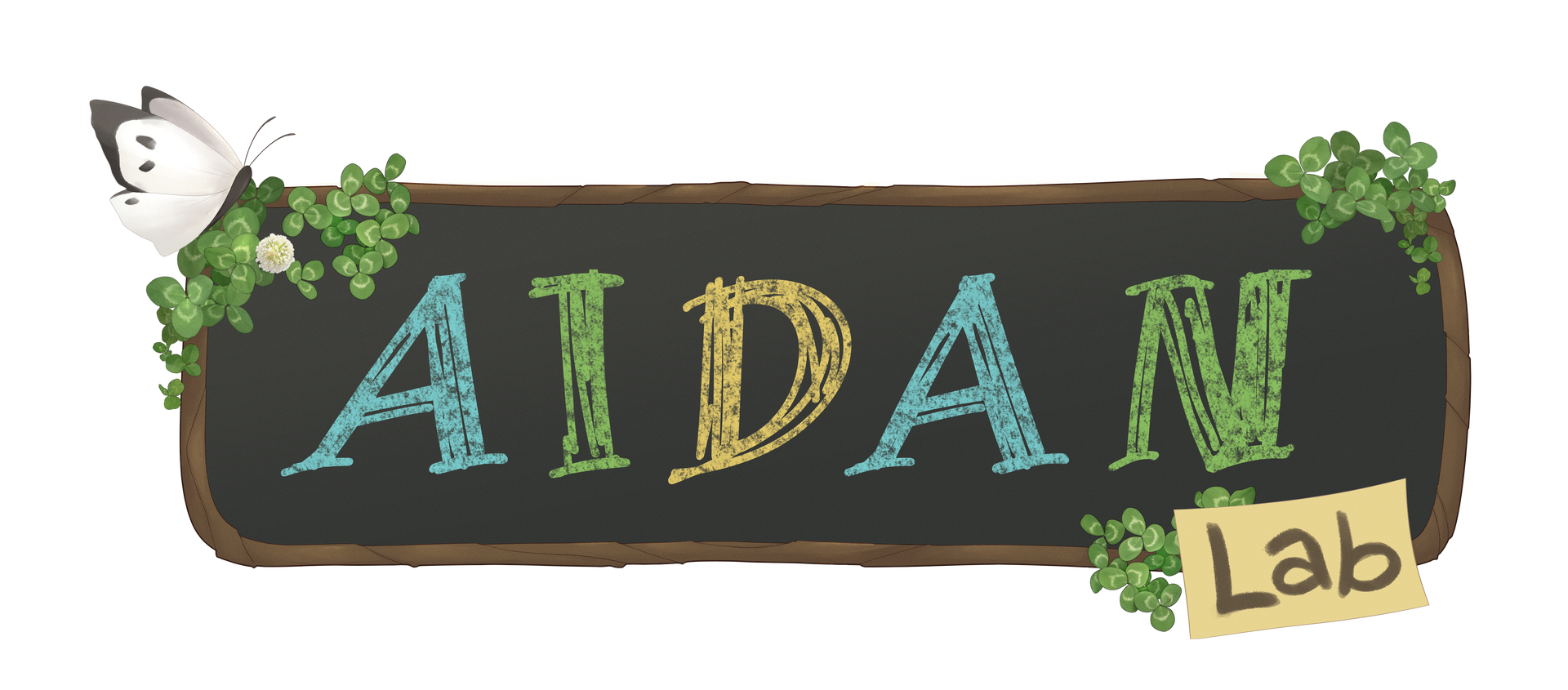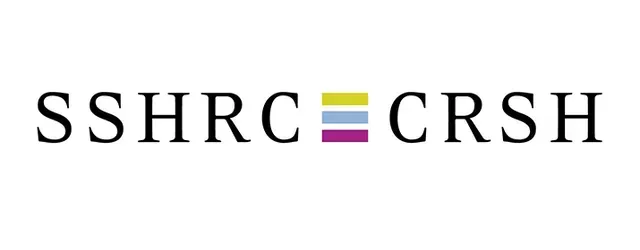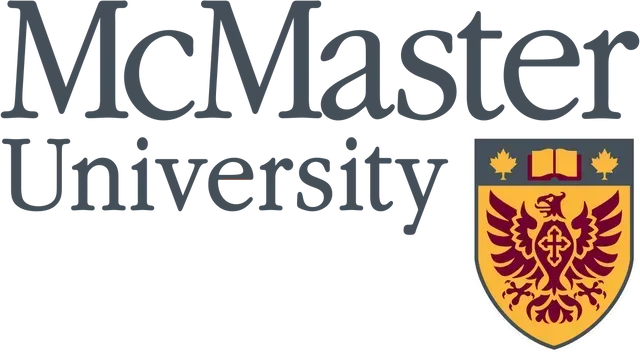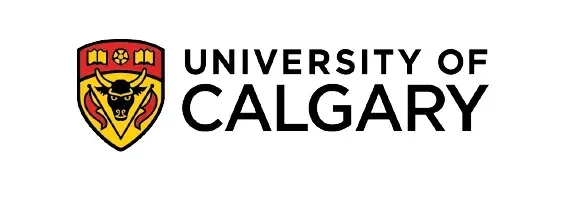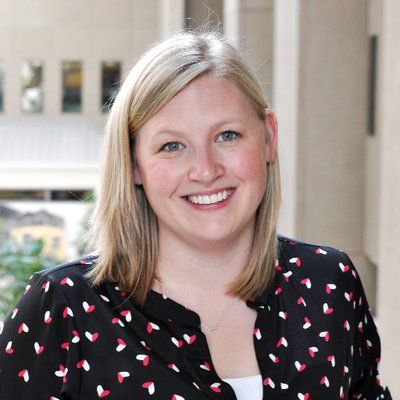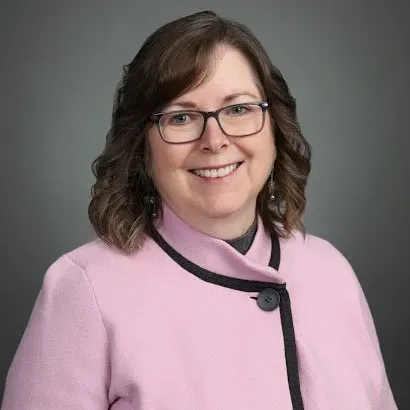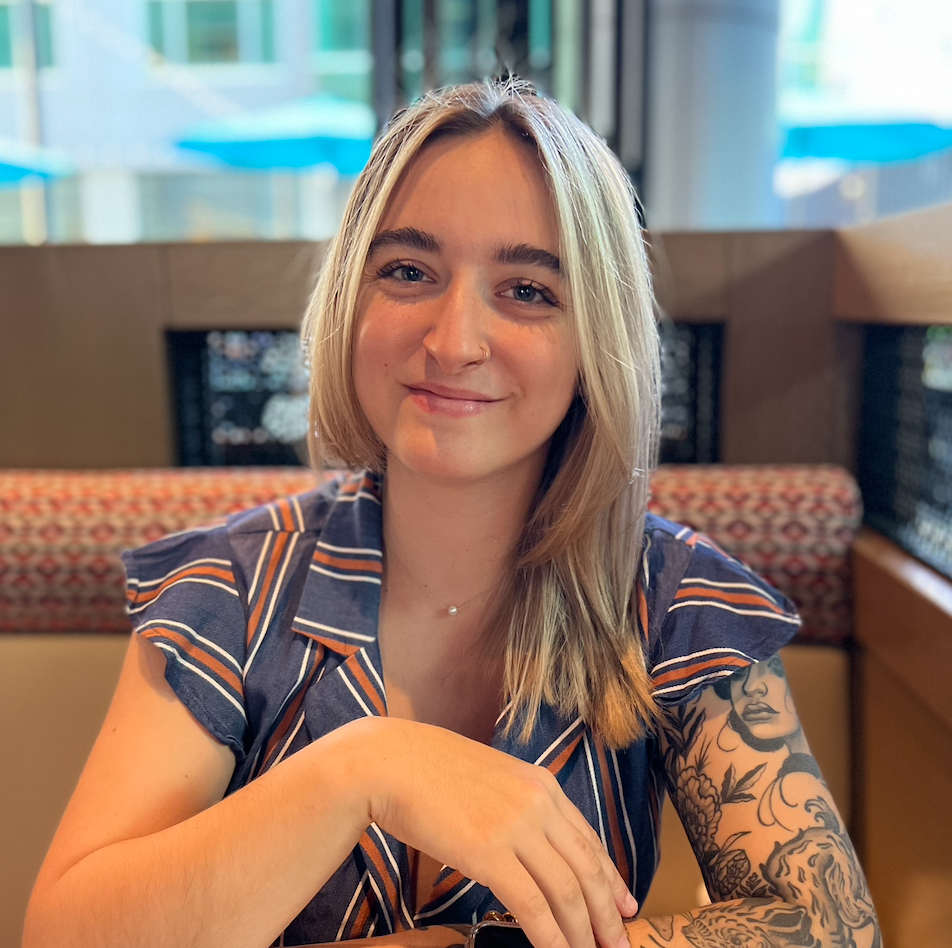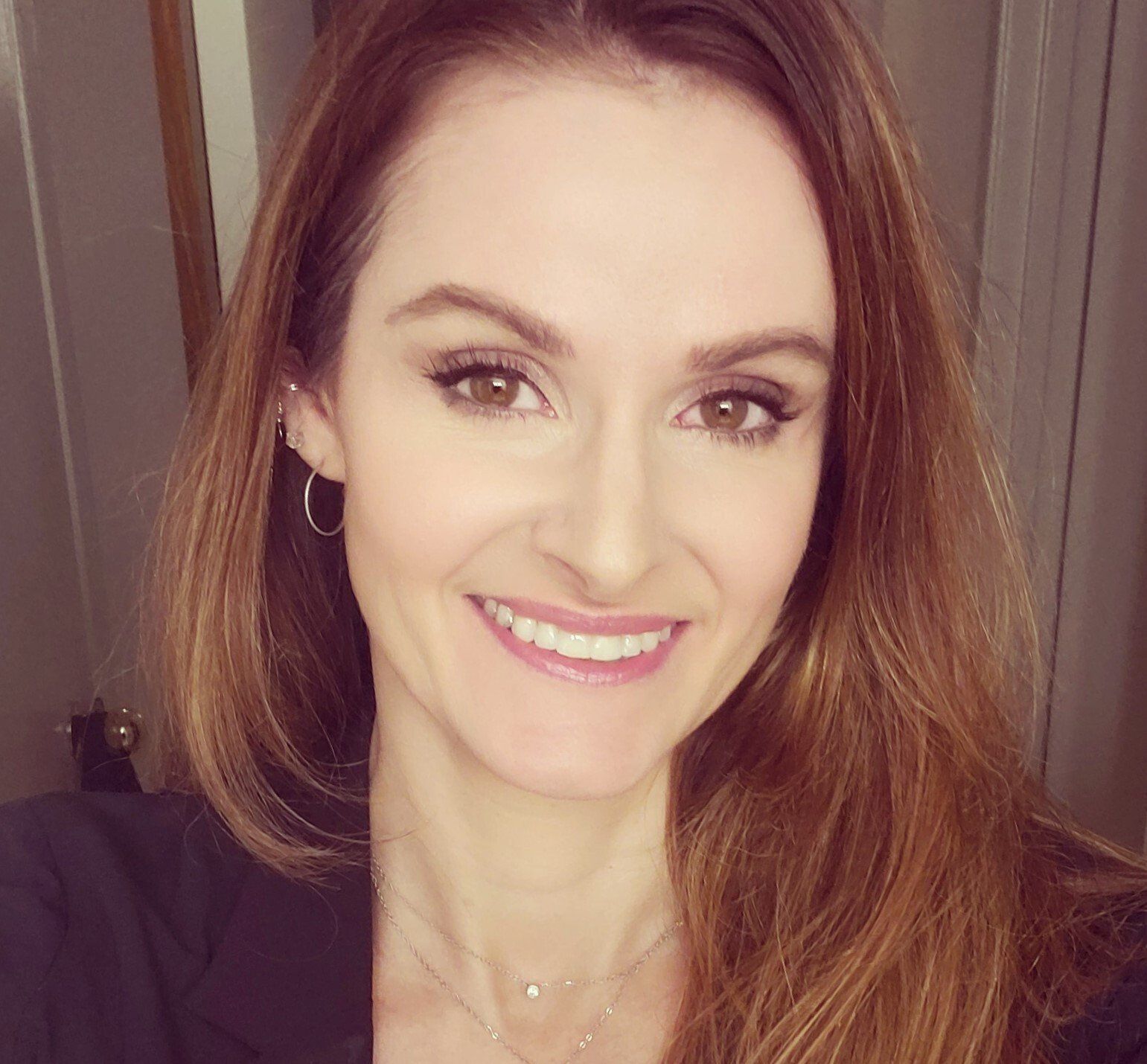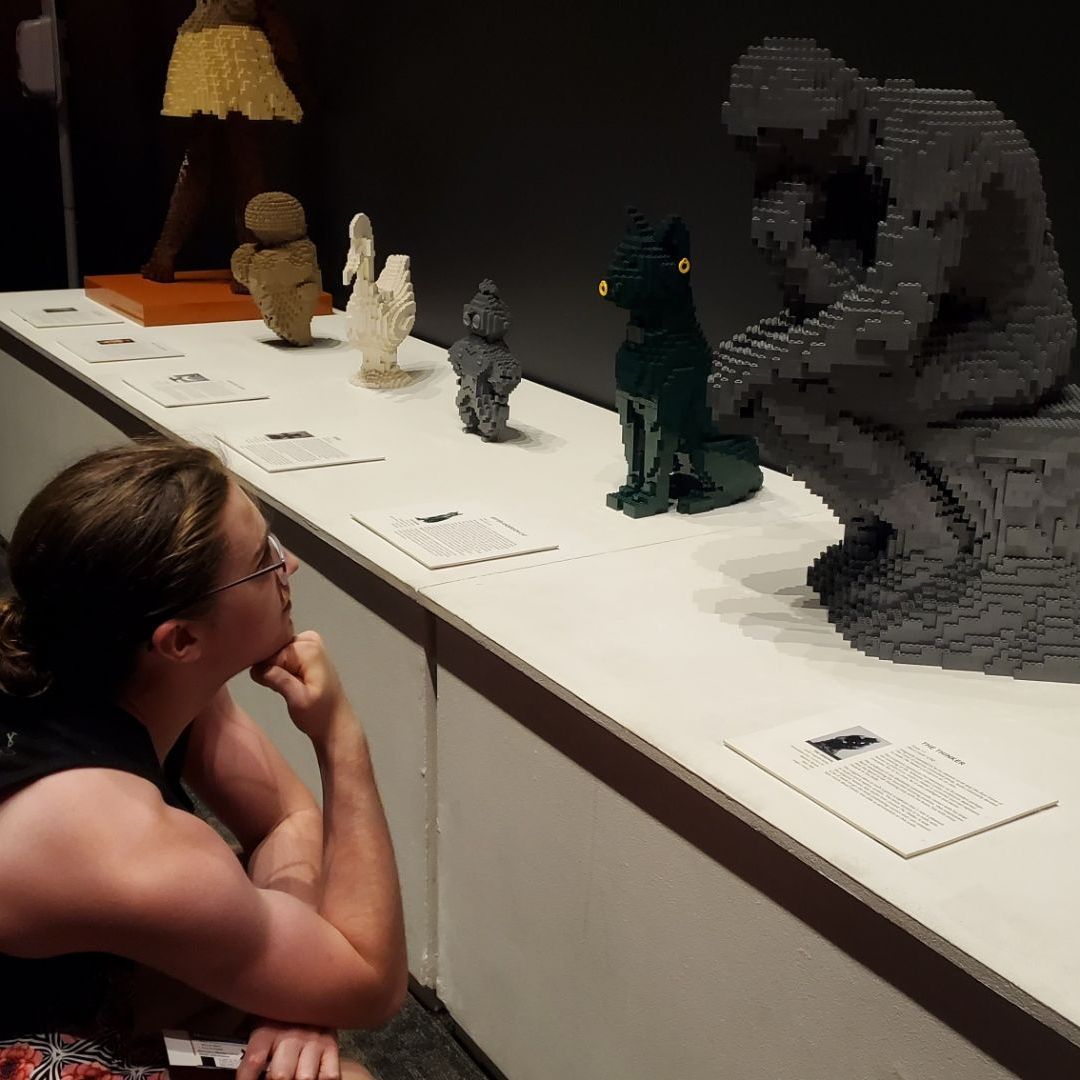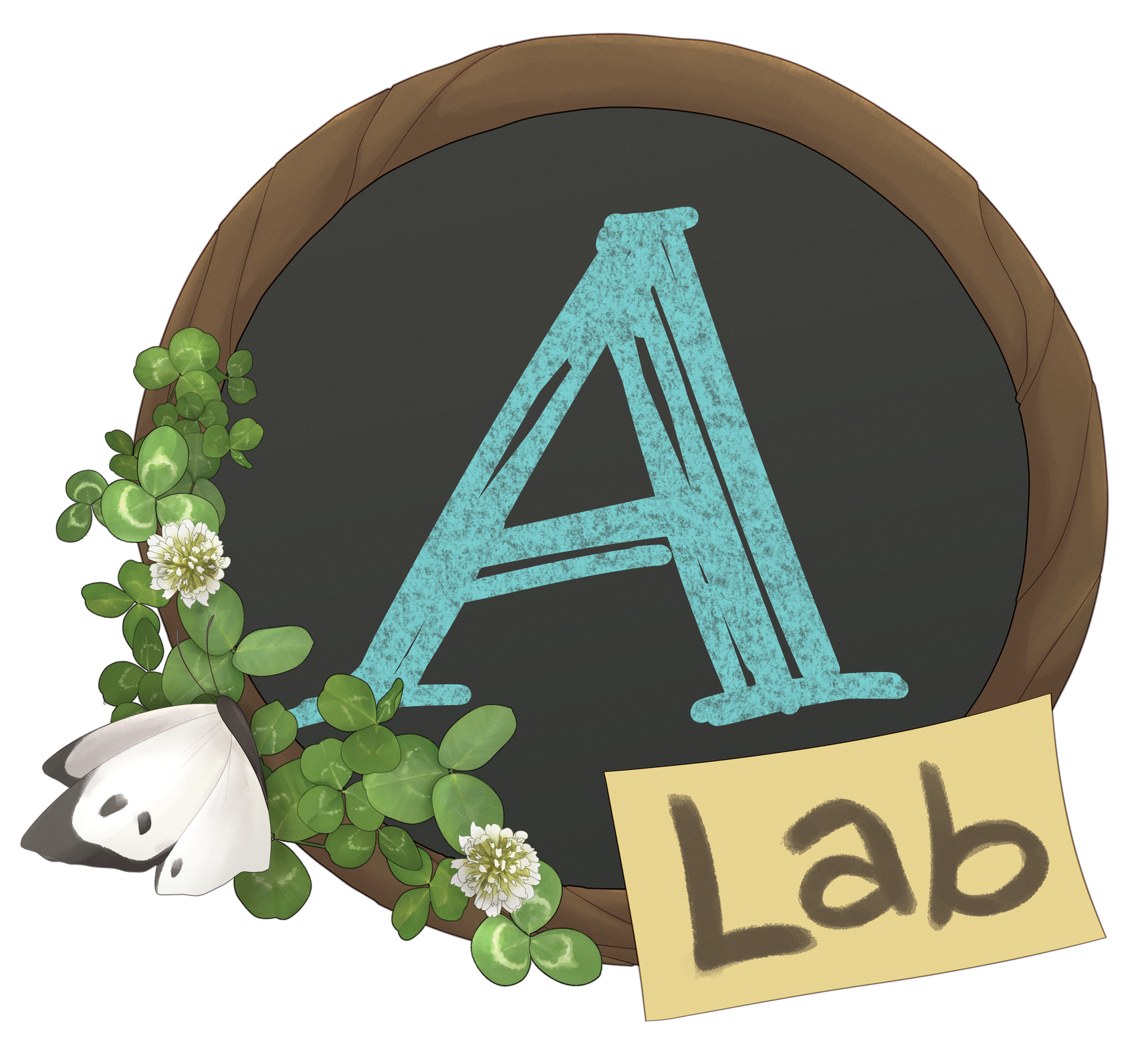We DO NOT require:
- Previous research experience;
We DO require:
- That you feel comfortable reading research-related documents (i.e., late high school or university-level reading skills)
- Demonstrate a willingness to work collaboratively with a diverse team of researchers, autistic advocates, and student team members
The Autistic Community Partners collective welcomes members of all genders, ethnicities, races, sexualities, abilities and disabilities, etc.
Members will not be limited by gender, ethnicity, race, sexuality, communication skills/preferences, mobility, abilities, or disabilities.
If you need accommodations to participate, please let us know.

